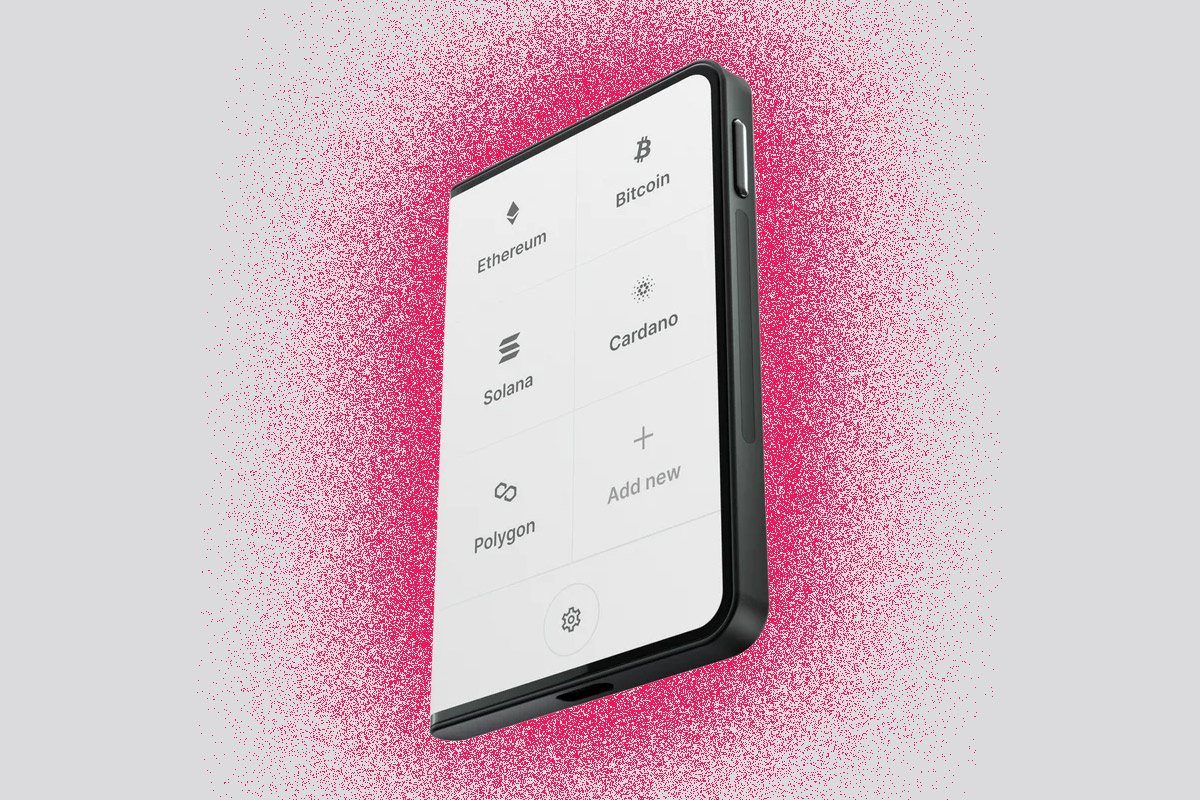In the cryptocurrency world, the saying “Not your keys, Not your crypto” is frequently used to underline how crucial it is to be in charge of your own private keys. Because they are used to sign transactions and establish ownership of a specific cryptocurrency address, private keys are an essential component of cryptocurrencies.
Not your keys, not your crypto refers to the idea that you do not actually own your cryptocurrency if you do not have access to your private keys. This is due to the fact that if you do not have your private keys, someone else might potentially control your bitcoin or prohibit you from accessing it.
This expression is frequently used to urge users to take ownership of their bitcoin and to stay away from services that do not provide them complete access over their private keys. For instance, if you put your cryptocurrencies in a custodial wallet or on an exchange, you depend on that wallet or exchange to protect your private keys and give you access to your bitcoin. You can lose access to your cryptocurrencies if something were to happen to the exchange or custodian, if they turned out to be unreliable or went out of business.
In contrast, if you keep your bitcoin in a non-custodial wallet that you manage, either a hardware wallet or a software wallet, you are in charge of protecting your private keys and have complete control over your funds. This is typically regarded as a safer and more responsible method of managing your cryptocurrency.
* A hardware wallet is a cryptocurrency wallet which stores the user’s private keys (critical piece of information used to authorise outgoing transactions on the blockchain network) in a secure hardware device. The main principle behind hardware wallets is to provide full isolation between the private keys and your easy-to-hack computer or smartphone. Our Recommendation.

